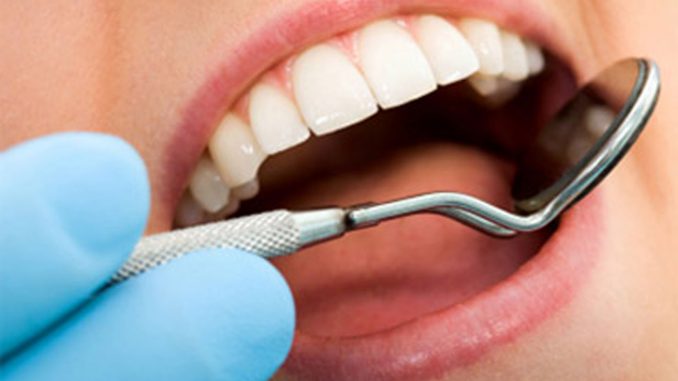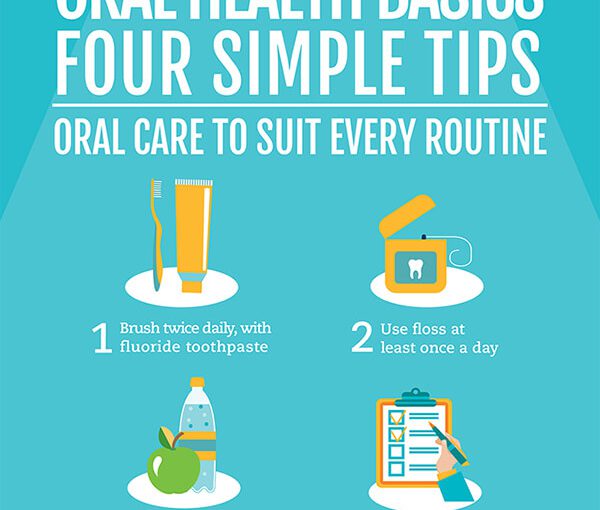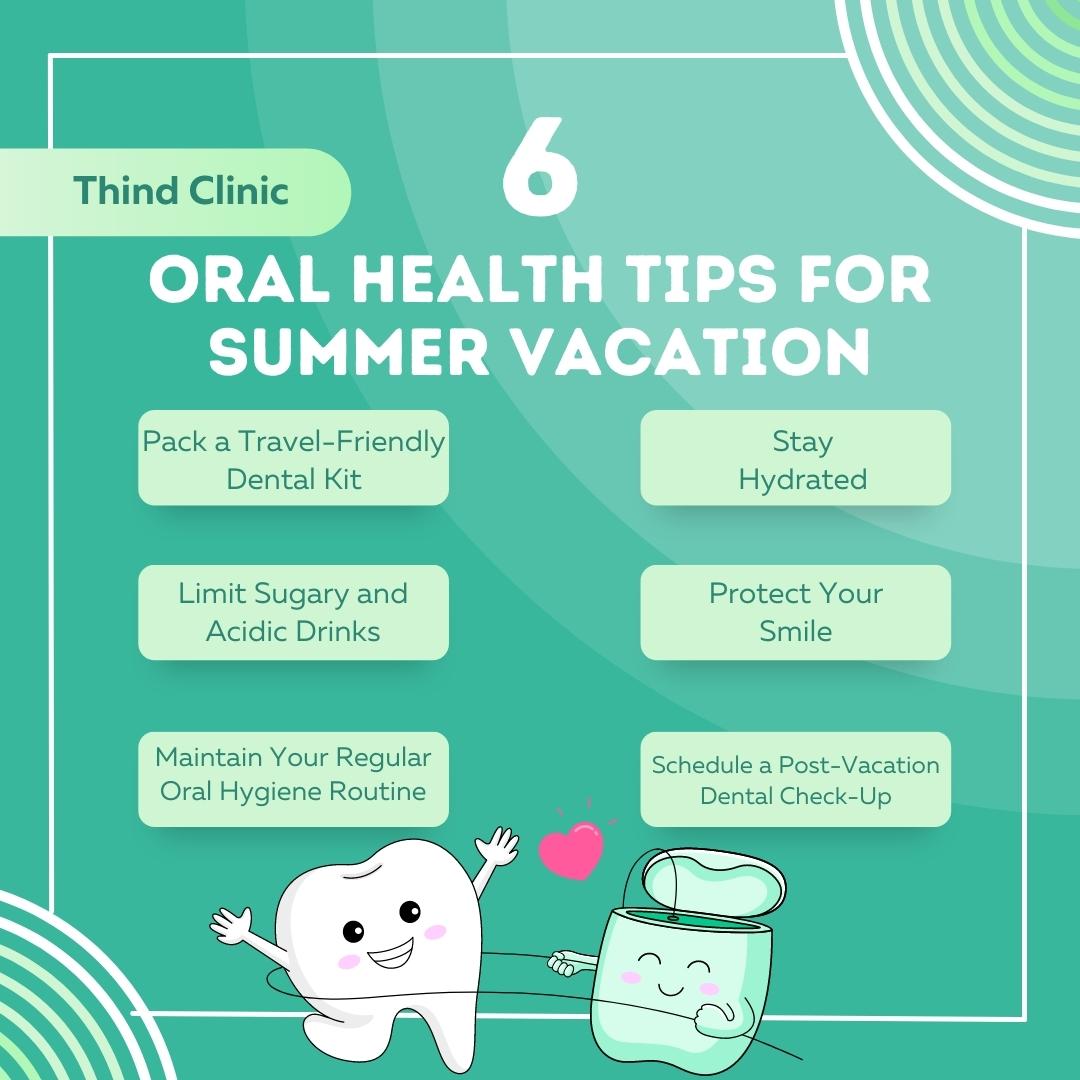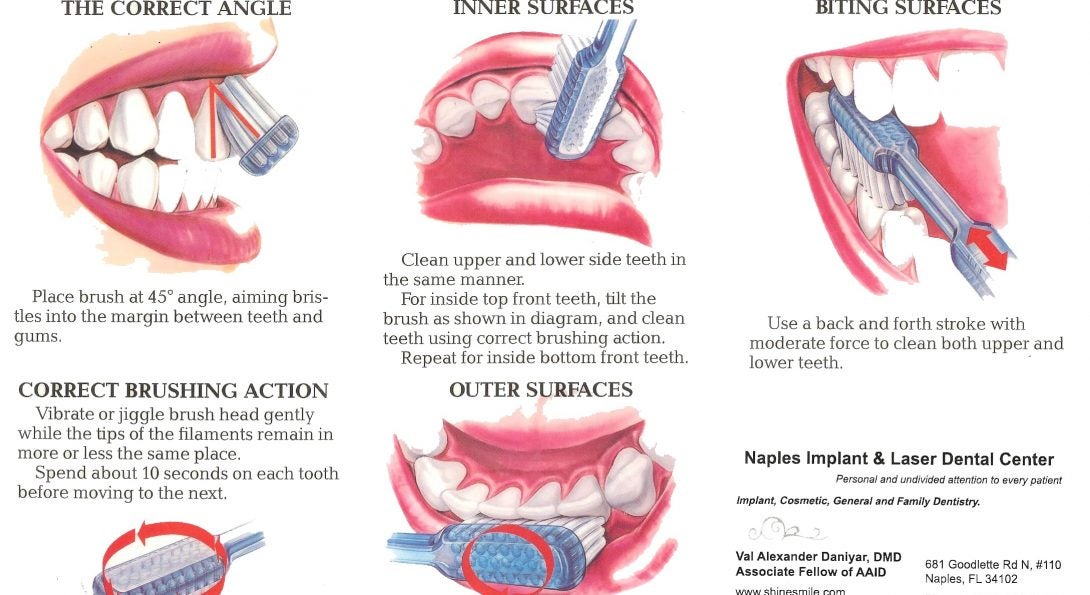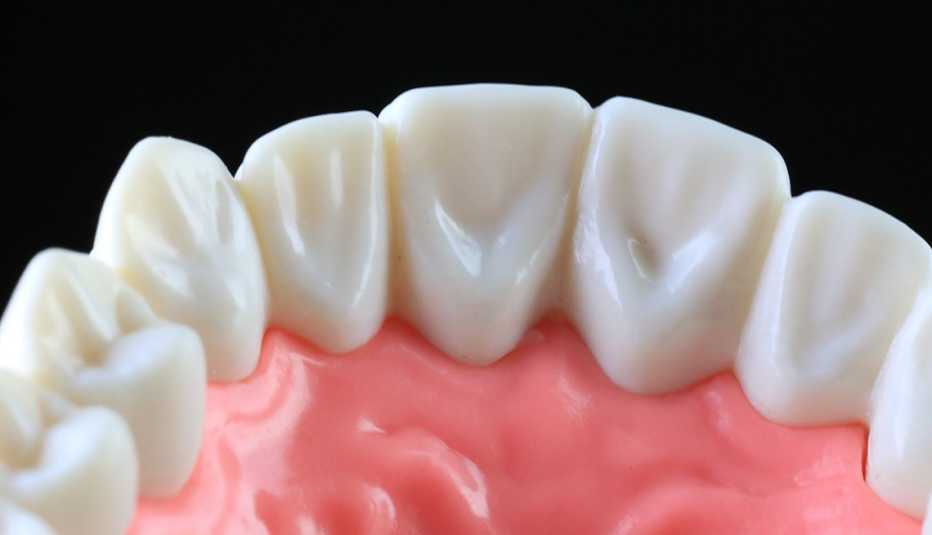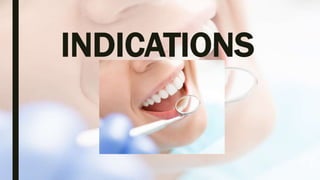
Smile Bright: Essential Guide to Oral Care
Maintaining good oral health is fundamental not only for a dazzling smile but also for overall well-being. Let’s delve into the essential aspects of oral care that contribute to a radiant smile and a healthy mouth.
The Foundation: Proper Brushing Technique
The cornerstone of oral care is the proper brushing technique. Use a soft-bristled toothbrush and fluoride toothpaste to gently brush your teeth in circular motions. Ensure you cover all surfaces, including the fronts, backs, and chewing surfaces of your teeth. Don’t forget to brush your tongue to eliminate bacteria and keep your breath fresh.
Flossing: Beyond the Brush
While brushing is essential, it’s incomplete without flossing. Dental floss reaches between teeth and areas where your toothbrush might miss. Floss daily to remove plaque and prevent cavities in those hard-to-reach spaces. Make it a habit to floss before bedtime for comprehensive oral care.
The Importance of Regular Dental Check-ups
Routine dental check-ups are crucial for preventive care. Dentists can detect early signs of issues like cavities, gum disease, or oral cancer. Regular cleanings help remove plaque and tartar buildup, promoting optimal oral health. Aim for biannual dental visits to stay proactive about your oral care.
Nutrition for Healthy Teeth and Gums
Balanced nutrition contributes significantly to oral health. Foods rich in calcium, phosphorus, and vitamins are essential for strong teeth and gums. Include dairy products, leafy greens, and crunchy fruits and vegetables in your diet. Limit sugary snacks and beverages, as they can contribute to tooth decay.
Hydration: A Simple Yet Vital Element
Drinking water is not just essential for overall health but also for your oral well-being. Water helps rinse away food particles, bacteria, and acids that can contribute to cavities. Stay adequately hydrated throughout the day to support a healthy and moist environment in your mouth.
Avoiding Harmful Habits for Dental Health
Certain habits can harm your oral health. Avoid tobacco products, as they increase the risk of gum disease and oral cancer. Limit alcohol consumption, as excessive drinking can contribute to tooth decay and other oral issues. Additionally, refrain from using your teeth as tools, as this can lead to chips and fractures.
Protecting Your Teeth: Mouthguards and Dental Care Products
If you engage in sports or activities that pose a risk of dental injury, consider using a mouthguard. Mouthguards protect your teeth from impact and prevent injuries. Additionally, select dental care products with the American Dental Association (ADA) seal to ensure their effectiveness and safety.
Understanding and Managing Tooth Sensitivity
Tooth sensitivity is a common issue that many people face. It can result from various factors, including enamel erosion or exposed tooth roots. Use toothpaste designed for sensitive teeth, and consult your dentist for personalized advice. Avoid acidic foods and beverages that may worsen sensitivity.
Teeth Whitening: Safe and Effective Practices
If you desire a brighter smile, explore safe teeth-whitening options. Consult your dentist before using over-the-counter whitening products to ensure they are suitable for your teeth. Professional teeth-whitening procedures performed by a dentist offer effective and lasting results.
Teaching Good Oral Habits to Children
Instilling good oral habits in children is crucial for lifelong oral health. Teach them proper brushing and flossing techniques from a young age. Encourage a balanced diet, limit sugary treats, and schedule regular dental check-ups for them. Building these habits early sets the foundation for a lifetime of healthy smiles.
Prioritizing Oral Care for a Lifetime of Smiles
Caring for your oral health is an investment in your overall well-being. By adopting these oral care practices, you contribute to a lifetime of smiles, good oral health, and confidence. To explore more about oral care, visit Oral Care for valuable insights and resources.
Whether you’re focused on preventing issues or enhancing the aesthetics of your smile, a consistent oral care routine is key. Smile bright, practice good oral habits, and make oral care an integral part of your overall health and wellness journey.

